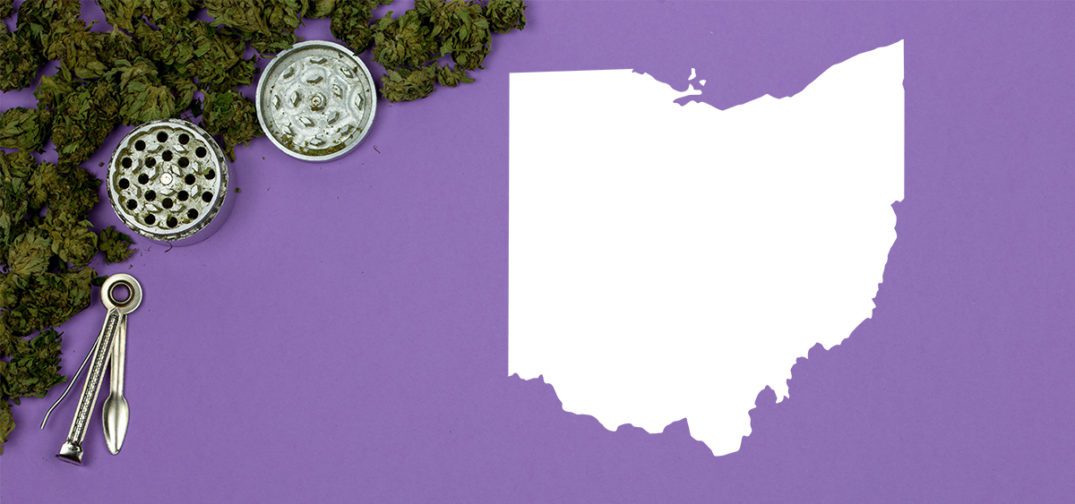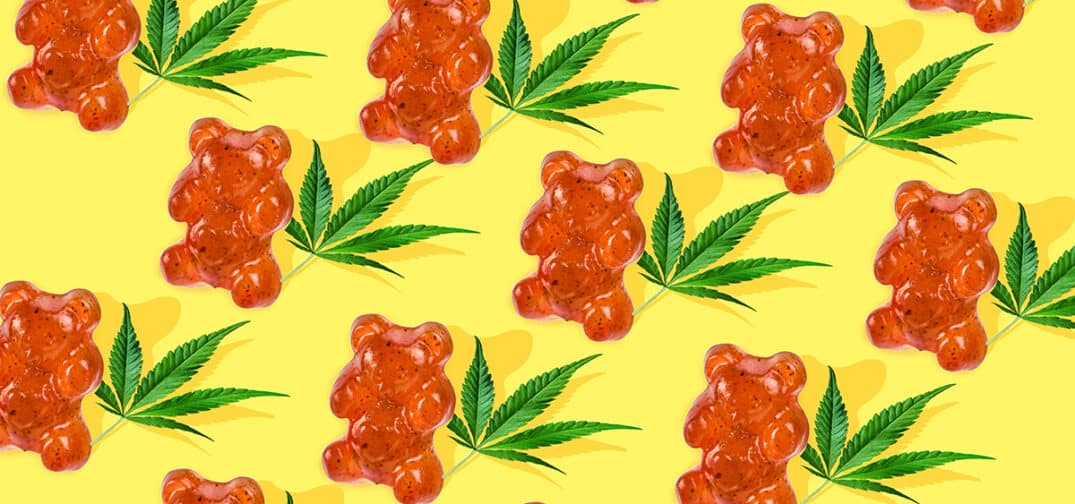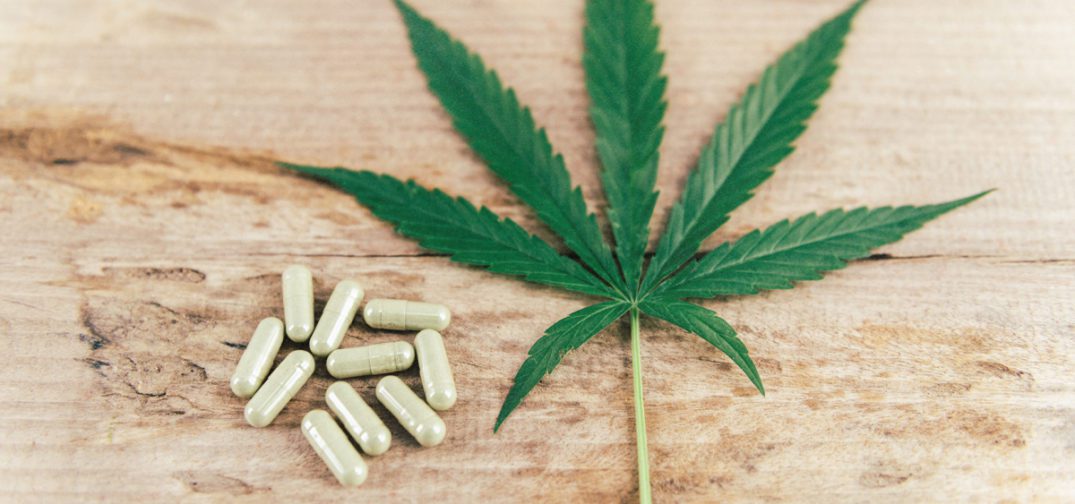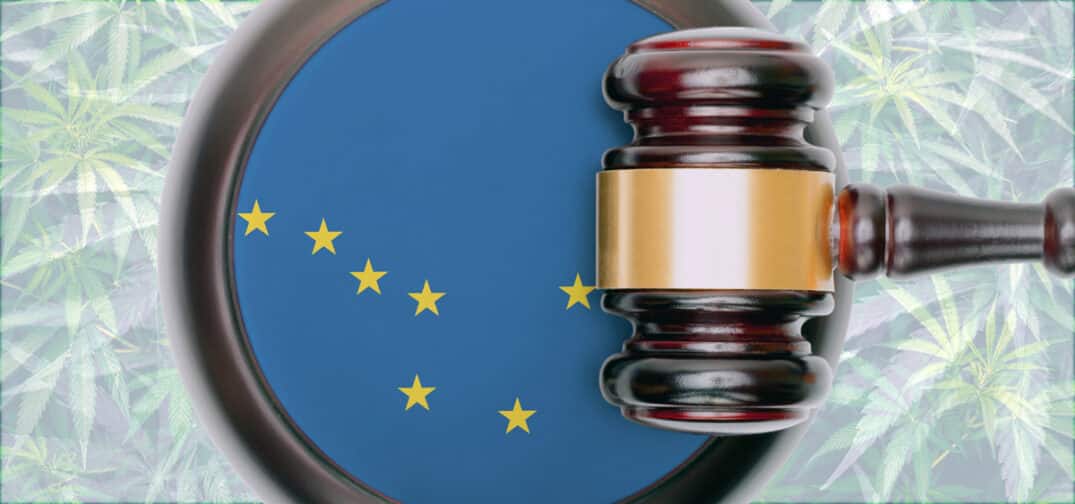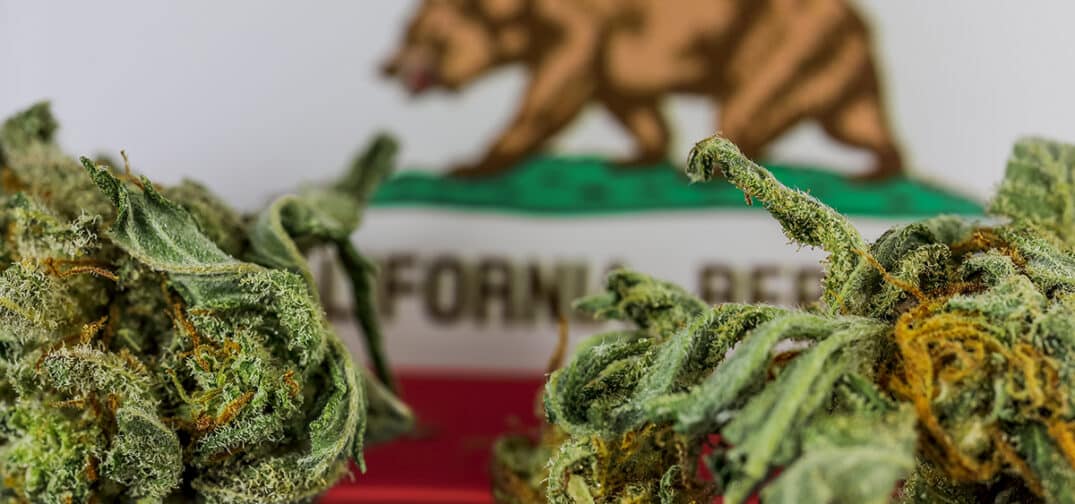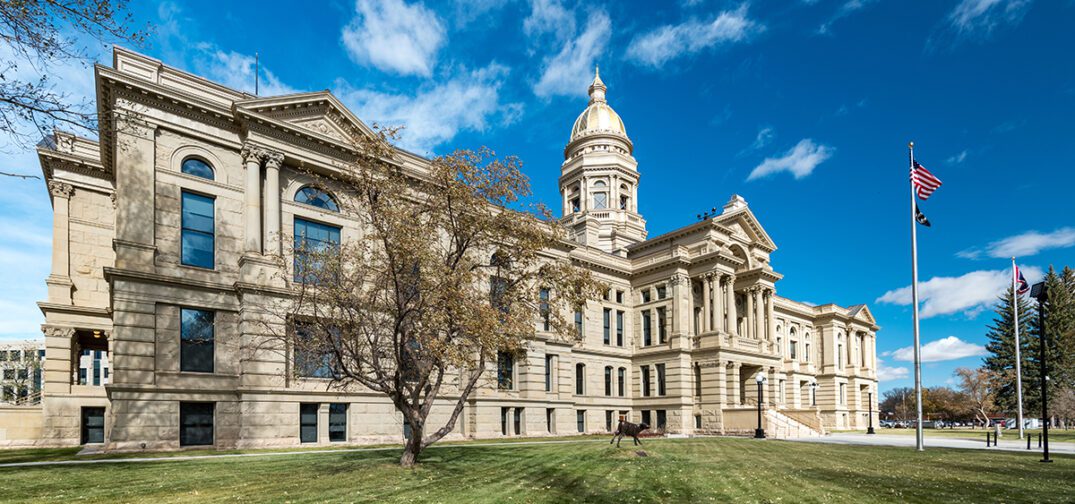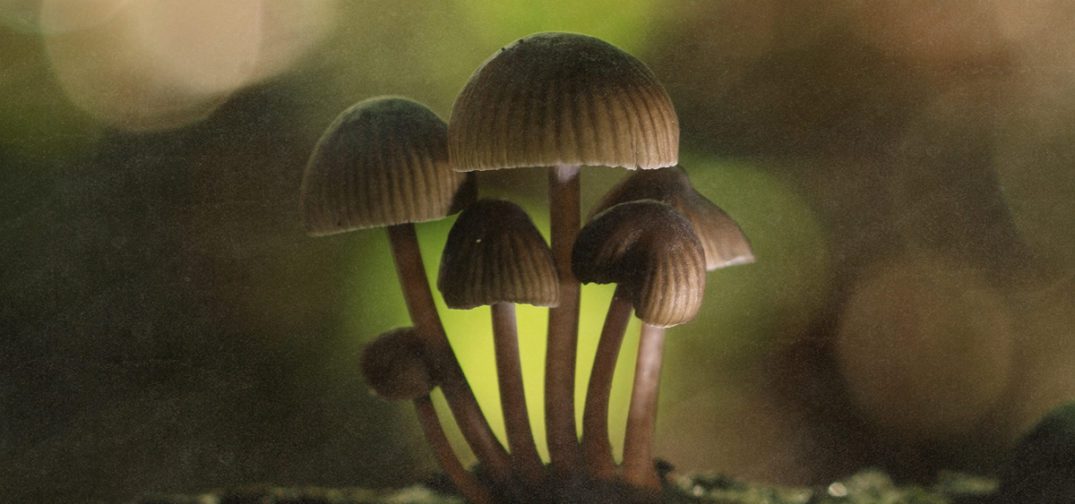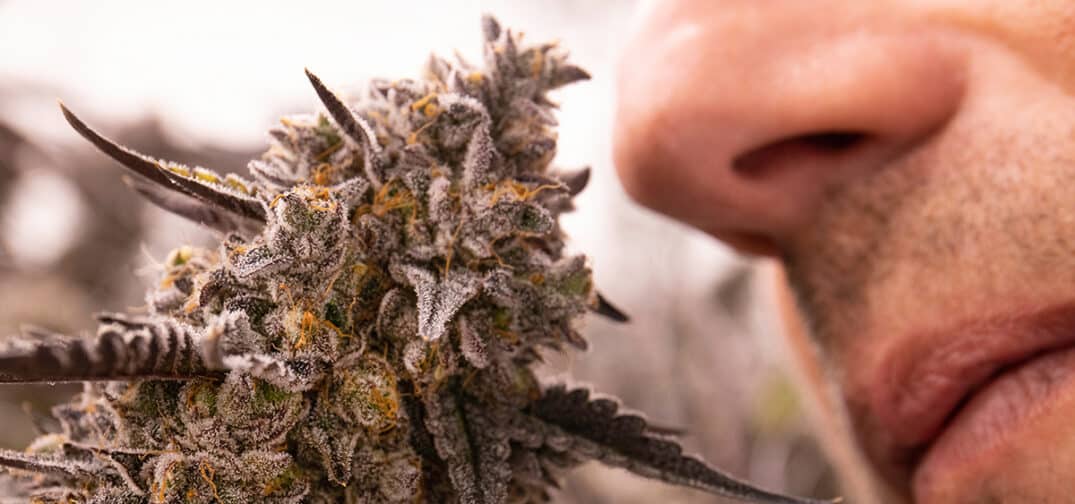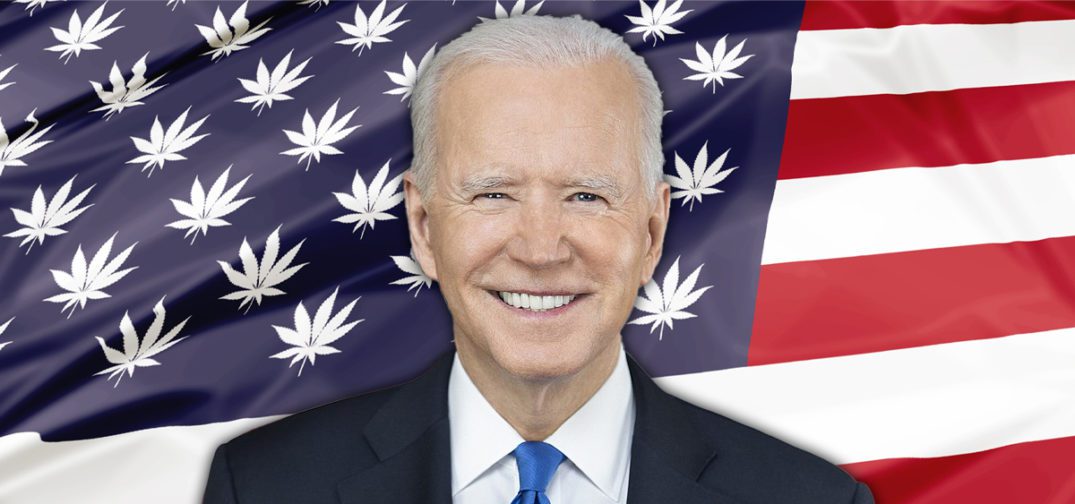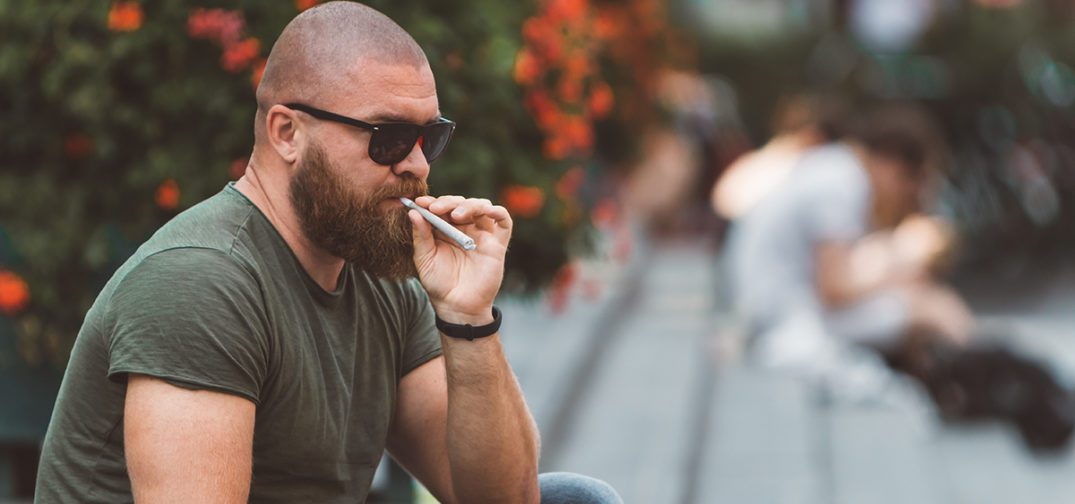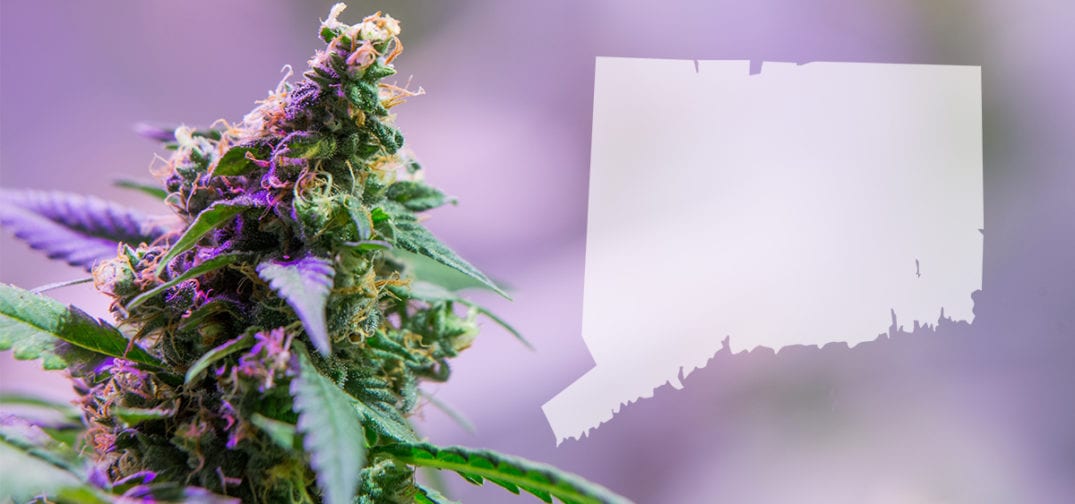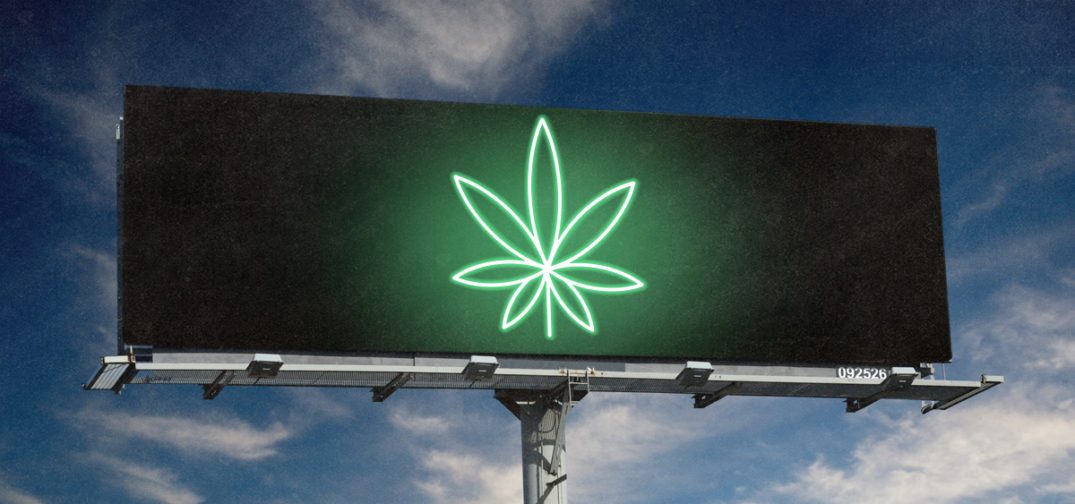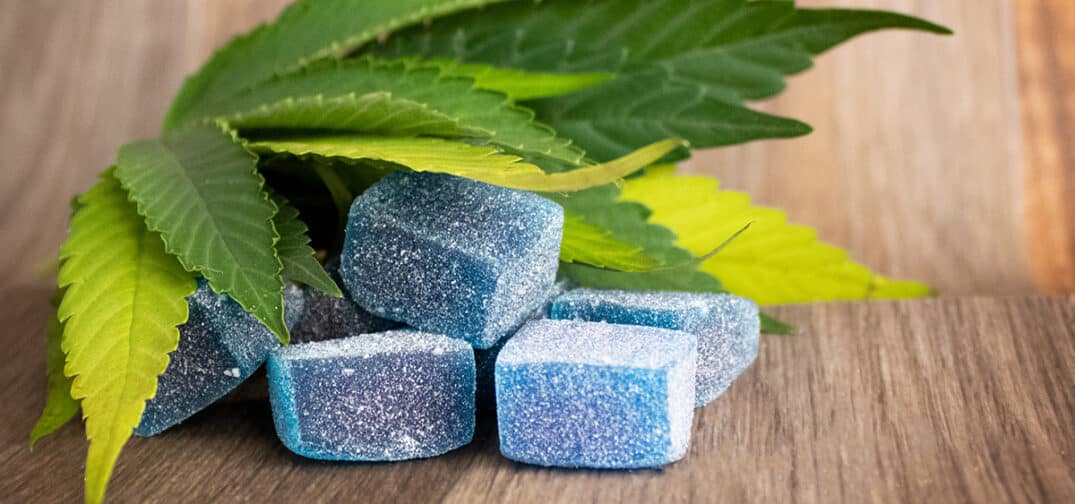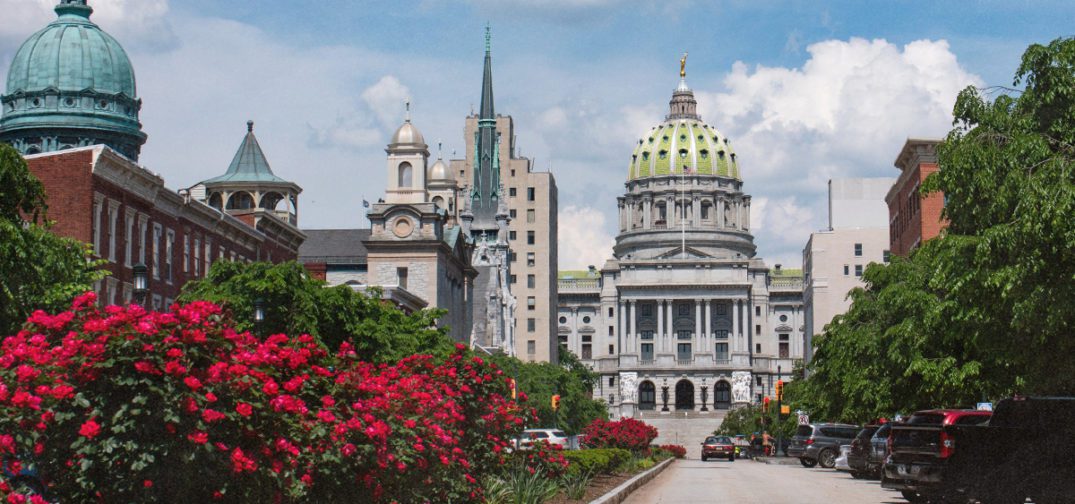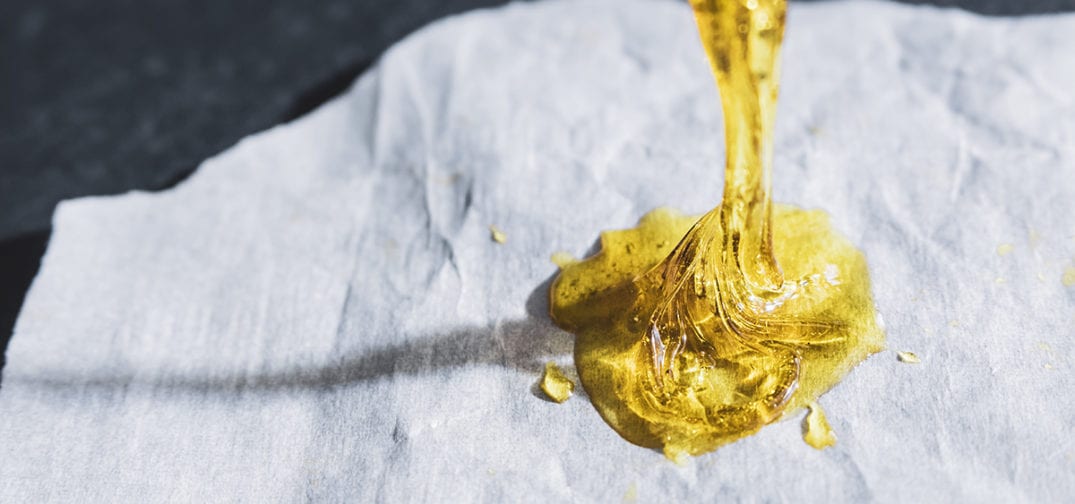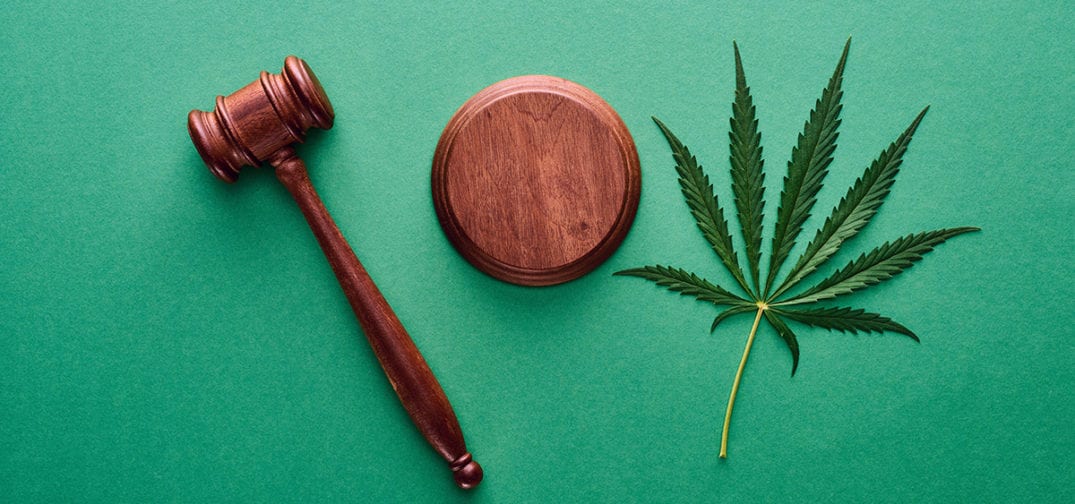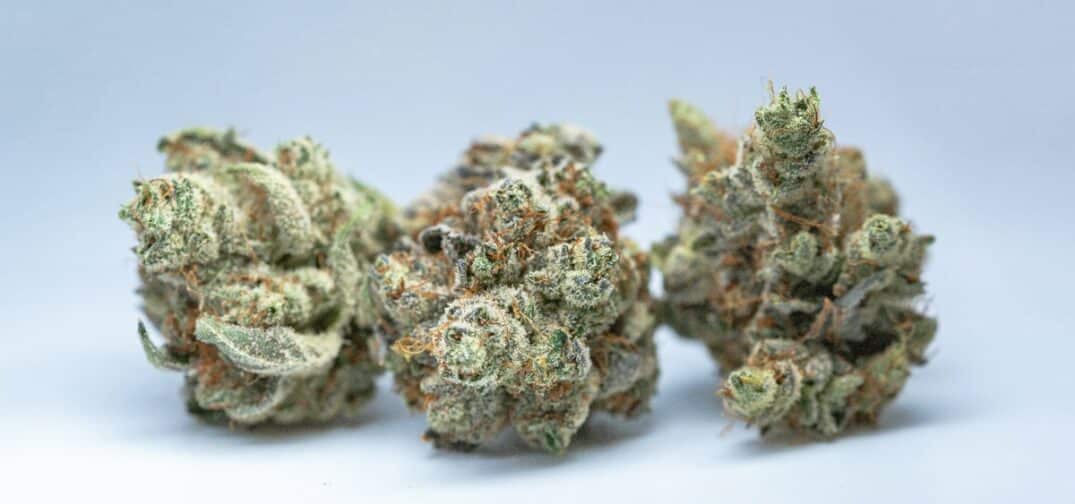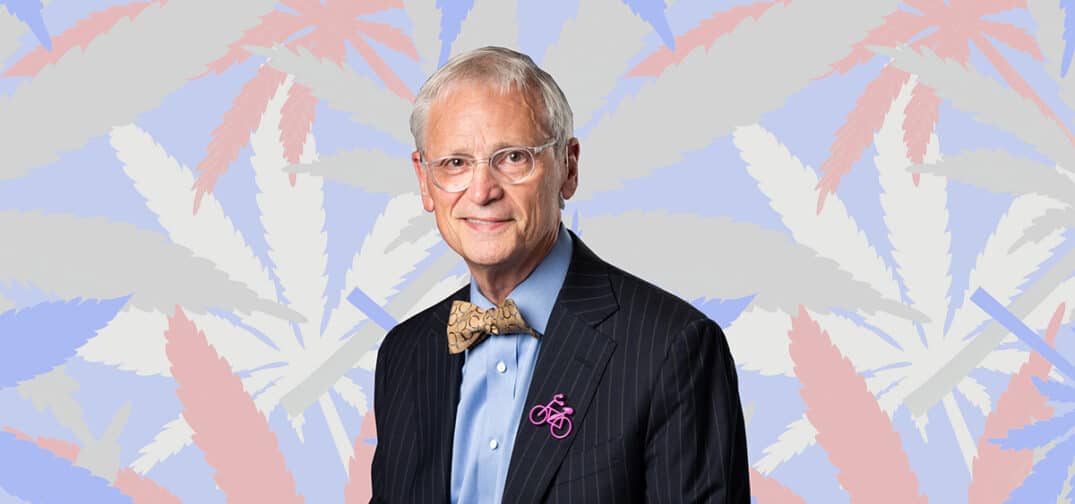Cannabis competitions are an excellent way for cannabrands to network, gain notoriety, and show off their top-shelf products. With so much incredible flower vying for attention from the judges, it’s essential to consider every aspect of your submission.
My years of experience in the cannabis industry have taught me that aroma is one of the critical factors determining quality cannabis — and it should be one of the top considerations in competitions, too. Read on to explore the criteria at cannabis competitions, why aroma is so important, and which competitions consider scent in their selection process.
Before states began legalizing cannabis and requiring lab testing, growers and buyers of cannabis relied heavily on aroma. Of course, the look, structure, and full effect of the high were all part of the overall consideration of the quality — but the aroma was always the most reliable determiner of the quality of cannabis flower. High-quality flower cultivars distinguish themselves with intense, compelling, and often pungent aromas, and growers knew through experience that if the aroma was great, the high and overall enjoyment of the flower was assured.
In the past year, scientific and medical studies have confirmed through double-blind testing that aroma is the most critical factor in determining the enjoyment of cannabis flower. If a consumer liked the aroma of a cultivar, they almost always loved the high. And yet, despite this, aroma is not given the emphasis that it should have in competitions.
Common Cannabis Competition Judging Criteria
Though the exact criteria vary depending on the competition and award type, judging usually comes down to these basic categories.
- Appearance: In competitions evaluating the overall experience of consuming cannabis flower, award-winners need to be aesthetically pleasing, not just potent.
- Aroma: Scent is one of the first things consumers and judges notice about cannabis flower. It can signal quality and provide valuable clues as to what type of experience the strain will elicit — and for seasoned cannabis consumers like the judges at these prestigious events, there’s no better smell than top-shelf cannabis flower.
- Burn: Prizewinning flower will burn smoothly and evenly to produce a thick cloud of mellow smoke.
- Taste: No matter what method judges use to sample the flower, they will notice how it tastes on the inhale and exhale.
- Effects: Judges at cannabis competitions pay close attention to the overall experience, including how each cultivar in the lineup makes them feel.
- Lab Results: To qualify for contests, cannabis must be lab tested for safety and to give the judges information they can’t observe directly, like the exact cannabinoid and terpene content.
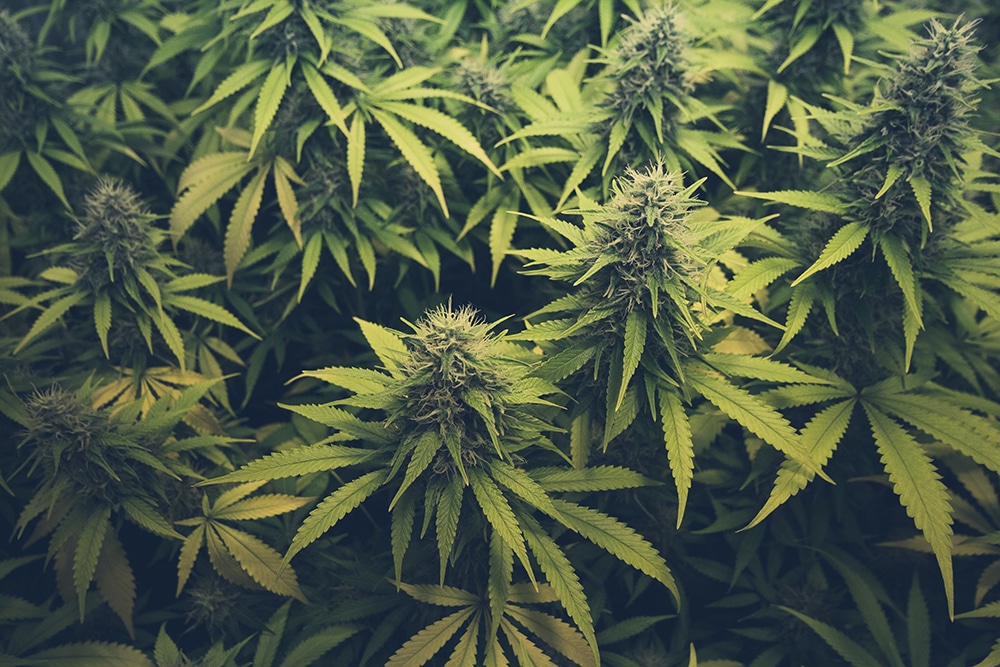
Two Reasons Aroma Should Be a Top Criteria in Cannabis Competitions
Though all aspects of a cultivar are important, aroma should be weighted heavily in the overall results.
1. An Olfactory Focus Reflects Cannabis Expertise
Most judges in cannabis competitions are seasoned growers and consumers with years of experience interacting with cannabis plants. Experts know how vital aroma is in identifying high-quality weed that fits individual preferences and delivers desired results.
Professionals in the industry typically rely at least partially on smell to select flower for their personal use; it makes sense to emphasize this factor in competitions and formal settings, too.
Acknowledging the critical role of aroma in cannabis cultivation and consumption at competitions can also educate the public on what they should be looking for the next time they visit a dispensary or browse booths at a cannabis event.
2. Cannabis Aroma is Central to Meeting Consumer Desires
Scent is one of the first ways consumers interact with and experience cannabis. Experienced and novice cannabis consumers alike can smell different cultivars and instinctively decide which ones they will enjoy; it’s a more accessible and often more accurate method than decoding scientific-sounding terpenes and THC percentages.
Emphasizing aroma and working to cultivate cannabis with an attractive scent also plays a crucial role in attracting customers. Because scent is an integral part of the flower selection process, it is an excellent way to capture new consumers and retain existing clients.
Cannabis Competitions that Emphasize Scent
Most well-known cannabis competitions include aroma in their basic judging criteria; only a select few don’t consider scent in the judging process.
Competitions Without Aroma as a Criteria
Most cannabis competitions that don’t include aroma in their judging criteria focus on a specific niche in the cannabis industry.
The Grow-Off: This competition approaches cannabis competitions from a unique angle: all participants are provided with a clone of the same plant and are judged on the overall cannabinoid and terpene content they achieve. Though entries are likely to vary slightly in scent, this competition focuses strictly on growing conditions, not cultivar creation.
Cannabis Competitions with Aroma as a Criteria
These well-known competitions all include scent on the scoring sheet.
The Cannabis Cup: This event, hosted by High Times, is potentially the most prestigious cannabis competition in the United States. Judges evaluate flower entries based on “aroma, taste, visual aesthetics, stone/high, and burnability/flush.” Each cultivar receives a quantitative score based on their lab results, too.
American Autoflower Cup: Based in California, this competition celebrates — and evaluates — autoflower cultivars. Each entry is judged on “appearance, aroma, taste, effects, and the overall experience.”
The Errl Cup: This event is open to producers and distributors in Arizona. Judges evaluate entries based on seven categories: “visual; presence of seeds; aroma; taste; flush/burn/purity; strength and correct effect.” Lab results also affect each product’s score.
The National Cannabis Championship: An offshoot of the National Cannabis Festival hosted in Washington, D.C., this multi-tier competition is open to growers in Washington, D.C., and Virginia. Each entry is judged on its name, genetics, cannabinoid and terpene profiles, appearance, aroma, flavor, and experience.
Future Competitions Could Grade Cultivars Within Aroma Profile Groups
Once cannabis competitions properly emphasize aroma, we can dive deeper into what these different scents mean for the consumer.
Over the years, growers have found that there are key descriptives of common aromas and that getting to know these common aroma groupings can offer the consumer another way of understanding the flower and learning what types of flower are most appealing to each individual. While different growers may use different descriptive words, most agree that the common aroma profiles are Gas, Pine, Cheese, Purple, Fruit, and Dessert. Studying these aroma profiles shows how they grew from the distinctive cannabis cultivar family trees and their unique genetics.
One hopes that future competitions may allow entries within these aroma profile groups as a fun and meaningful way to explore high-quality cannabis from different genetic backgrounds and learn how these different aroma profiles appeal to different consumers.
Elevating Aroma as a Key Factor in Cannabis Competitions
Aroma plays a significant role in the overall quality and experience of cannabis cultivars. To reflect the importance of scent in cannabis cultivation, it only makes sense to include it as a key criterion in cannabis competitions that judge participants based on the creativity of their cultivation. Next time you attend a cannabis competition, pay close attention to the scents of the winning cultivars — especially if you’re looking to participate.
